Categories
Hot Insights
See All-


Studies Find Mushrooms Can Reduce Cancer Risks | Best Cancer-Fighting Foods
How can mushrooms reduce cancer risks? Mushrooms are more than just a tasty addition to your meals. They are nutritional powerhouses that provide essential vitamins, minerals, and antioxidants. Additionally, mushrooms contain compounds like polysaccharides and beta-glucans, which can have great medicinal properties, such as fighting cancer (2). Several types of mushrooms have been studied for […]
-


Best Diet for Prediabetes: Best Foods to Eat and Foods to Avoid
What is prediabetes? Prediabetes is a condition where blood sugar levels are higher than normal but not high enough to be diagnosed as type 2 diabetes (2). In this condition, the body’s cells become resistant to insulin, a hormone that regulates blood sugar levels. Consequently, this leads to an imbalance in blood sugar levels. Normal […]
-

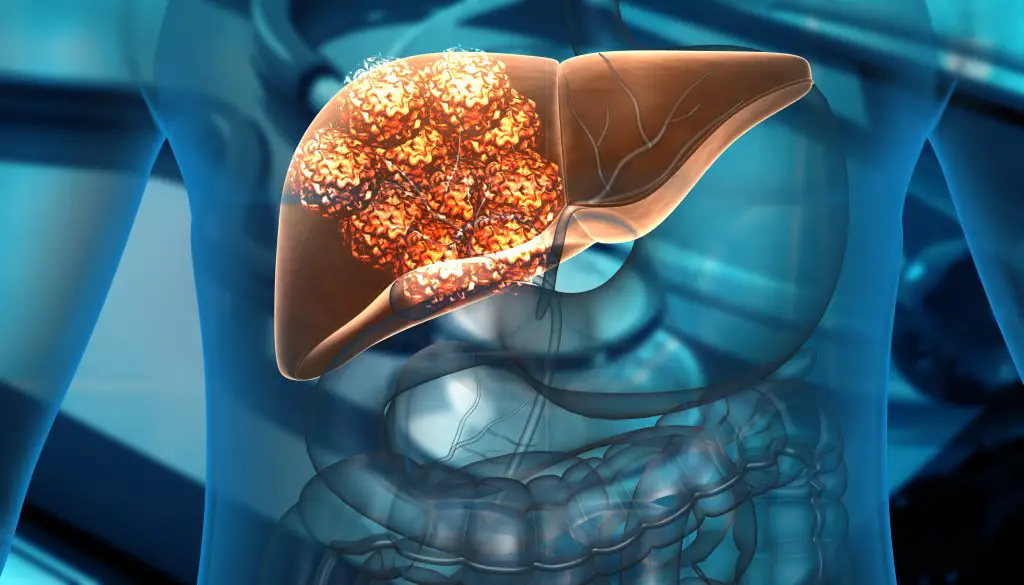
New Screening Tool May Improve Liver Cancer Survival Rates up to 90%: Study Finds
What is hepatocellular carcinoma (HCC)? Hepatocellular carcinoma (HCC) is the most common type of cancer that comes from the liver. It occurs when the liver cells (called hepatocytes) grow uncontrollably and create a tumor. HCC is a serious condition that often develops in people with chronic liver disease, such as cirrhosis, hepatitis B or C […]
-


Does Nicotine Raise Blood Pressure? Explore The Link, Prevention Strategies, and More
Does smoking cause high blood pressure? In the short term, yes. Every time you smoke, it causes a temporary increase in blood pressure (1). Blood pressure increases when blood has difficulty traveling through the blood vessels. In simple terms, it’s like you’re in a tunnel with a lot of people, and you need to make […]
-


Back Pain After Sleep: Causes, Chiropractic Care, and Other Remedies
Back hurts after sleeping: Common causes Poor sleep habits and an unsupportive sleep environment are common culprits behind back pain after sleep (5, 6). However, underlying medical conditions like arthritis, disc herniation, and fibromyalgia can contribute to the condition. Here’s a look at the common causes. Poor sleeping position Sleeping on your stomach can force […]
Video Series
See All-



Fact Check — Kidney Misinformation Seen by Millions
-


Half the World Eats Rice Toxins Daily That Damage Kidneys
-


See How Spinach Can Damage Your Kidneys
-


Avoid These 7 Plant-Based Foods That Can Damage Your Kidneys
-


These 7 Daily Habits Can Help Lower Your Creatinine Levels | Improve Kidney Health
-


9 Skin Signs That May Indicate Your Kidneys Are Damaged
-


Surprise! Drinking Water Wrongly Can Damage Your Kidneys
-


9 Fruits to Lower Creatinine Levels and Improve Kidney Health
-


Top 9 Drinks To Help Stop Proteinuria and Heal Your Kidneys
Advisory Board
Learn more-

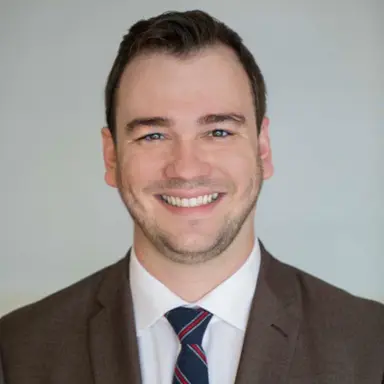
Anthony Cardillo, MD
Clinical Pathology American Board of Pathology, Board Certified in Clinical PathologyAnthony Cardillo is a Clinical Instructor at NYU in New York City. He is a board-certified Clinical Pathologist that specializes in the natural history of disease. He was named to The Pathologist magazine's Power List in both 2021 and 2022 as an early-career leader, and his research interests include the use of machine learning to gain new insights into traditional medicine. His recent publications have been featured in the American Journal of Clinical Pathology and the New England Journal of Medicine.
-

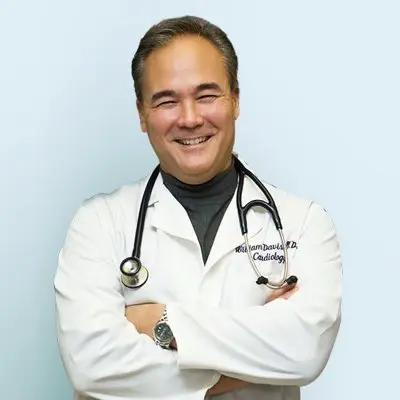
William Davis, MD
Cardiologist Director of Biotechnologies, Northern Medical Center, NYDr. William Davis is a cardiologist and New York Times #1 bestselling author of the Wheat Belly book series. He is Medical Director and founder of the Undoctored program including the Undoctored Inner Circle. He is Chief Medical Officer and co-founder of Realize Therapeutics Corp. that is developing innovative solutions for the disrupted human microbiome and author of the book Super Gut.
-


Fetimah Khan, MD
MDDr. Fatimah Khan has a good knowledge of her field and very well medical content writing expertise. She is a competent doctor and the author of hundreds of medical articles.
-


John Osei Sekyere, B. Pharm, M. Phil, PhD
Microbiology and Immunology Antimicrobial resistance, infectious diseases epidemiology and diagnostics, host-microbiome interactions and bacterial genomics.John Osei Sekyere is a pharmacist (B. Pharm) and clinical/medical microbiologist (PhD) with especial interest and skill in antimicrobial resistance, infectious diseases epidemiology and diagnostics, host-microbiome interactions and bacterial genomics.
-
Nigar Sofiyeva, MD, PhD Candidate
-


Tatiana Denning, D.O.
Family Medicine PhysicianDr. Denning has always believed in root-cause medicine. With a focus on wellness and prevention. she has used both her medical degree and her degree in psychology, to create a program with proven results. Dr. Denning's desire to correct the underlying causes underlying cause of many chronic medical conditions has been the driving force for her focus on nutrition and weight management. With years of experience in the field, Dr. Denning has helped thousands of patients lose thousands of pounds.
-


Yu-Hsin Liang, MD
ECFMG Certification, Medical Licensure in Taiwan, Clinical Training at National Taiwan University Hospital Graduate Student in Harvard T.H. Chan School of Public HealthYu-Hsin Liang is currently a current graduate student at the Harvard T.H. Chan School of Public Health. He received his medical education at the National Taiwan University (NTU) College of Medicine, during which he co-developed a hospital-granted surgical model and a winning integrative web model of machine learning and electronic medical records. Yu-Hsin Liang obtained his physician license in Taiwan in 2022.
-

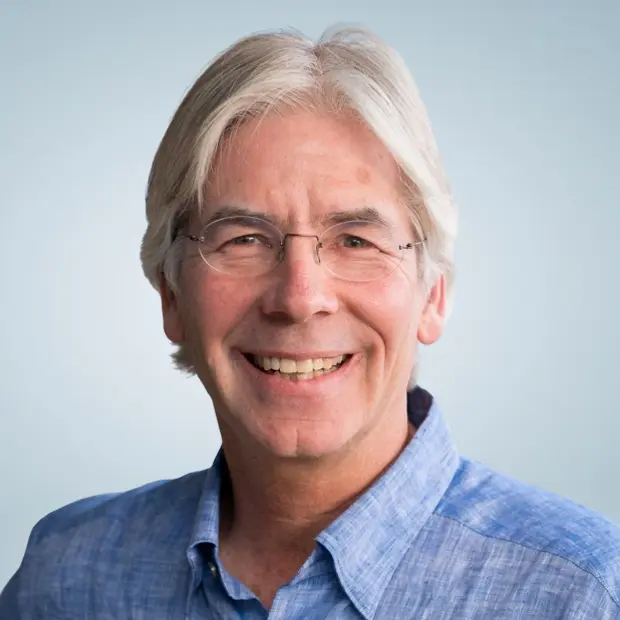
Christopher Gardner, PhD
Professor (Research), Medicine - Stanford Prevention Research Center NutritionFor the past 20 years most of my research has been focused on investigating the potential health benefits of various dietary components or food patterns, which have been explored in the context of randomized controlled trials in free-living adult populations. Some of the interventions have involved vegetarian diets, soy foods and soy food components, garlic, omega-3 fats/fish oil/flax oil, antioxidants, Ginkgo biloba, and popular weight loss diets. These trials have ranged in duration from 8 weeks to a year, with study outcomes that have included weight, blood lipids and lipoproteins, inflammatory markers, glucose, insulin, blood pressure and body composition. Most of these trials have been NIH-funded. The most recent of these was an NIH funded weight loss diet study - DIETFITS (Diet Intervention Examining The Factors Interacting with Treatment Success) that involved randomizing 609 generally healthy, overweight/obese adults for one year to either a Healthy Low-Fat or a Healthy Low-Carb diet. The main findings were published in JAMA in 2018, and many secondary and exploratory analyses are in progress testing and generating follow-up hypotheses. In the past few years the long-term interests of my research group have shifted to include two additional areas of inquiry. One of these is Stealth Nutrition. The central hypothesis driving this is that in order for more effective and impactful dietary improvements to be realized, public health professionals need to consider adding non-health related approaches to their strategies toolbox. Examples would be the connections between food and 1) global warming and climate change, 2) animal rights and welfare, and 3) human labor abuses (e.g., slaughterhouses, agriculture fields, fast food restaurants). An example of my ongoing research in this area is a summer Food and Farm Camp run in collaboration with the Santa Clara Unified School District since 2011. Every year ~125 kids between the ages of 5-14 years come for 1-week summer camp sessions led by Stanford undergraduates and an Education Director to tend, harvest, chop, cook, and eat vegetables...and play because it is summer camp! The objective is to study the factors influencing the behaviors and preferences that lead to maximizing vegetable consumption in kids. A second area of interest and inquiry is institutional food. Universities, worksites, hospitals, and schools order and serve a lot of food, every day. If the choices offered are healthier, the consumption behaviors will be healthier. A key factor to success in institutional food is to make the food options "unapologetically delicious" a term I borrow from Greg Drescher, a colleague and friend at the Culinary Institute of America (the other CIA). Chefs are trained to make great tasting food, and chefs in institutional food settings can be part of the solution to improving eating behaviors. In 2015 I helped to initiate a Stanford-CIA collaboration that now involves dozens of universities that have agreed to collectively use their dining halls as living laboratories to study ways to maximize the synergy of taste, health and environmental sustainability. If universities, worksites, hospitals and schools change the foods they serve, they will change the foods they order, and that kind of institutional demand can change agricultural practices - a systems-level approach to achieving healthier dietary behaviors. My long-term vision in this area is to help create a world-class Stanford Food Systems Initiative and build on the idea that Stanford is uniquely positioned geographically, culturally, and academically, to address national and global crises in the areas of obesity and diabetes that are directly related to our broken food systems.
-

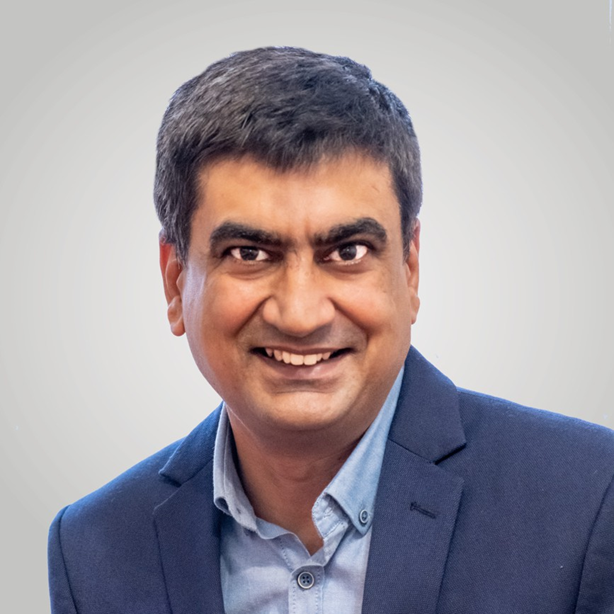
Preet Pal Singh Bhinder, MD
MD and FID (Fellowship in Diabetes, Royal Liverpool Academy) Diabetes SpecialistPreet Pal Singh Bhinder is a physician (M.D. Medicine) with specialization in diabetes (Fellowship in diabetes, Royal Liverpool Academy). He has a particular interest in metabolic disorders.
